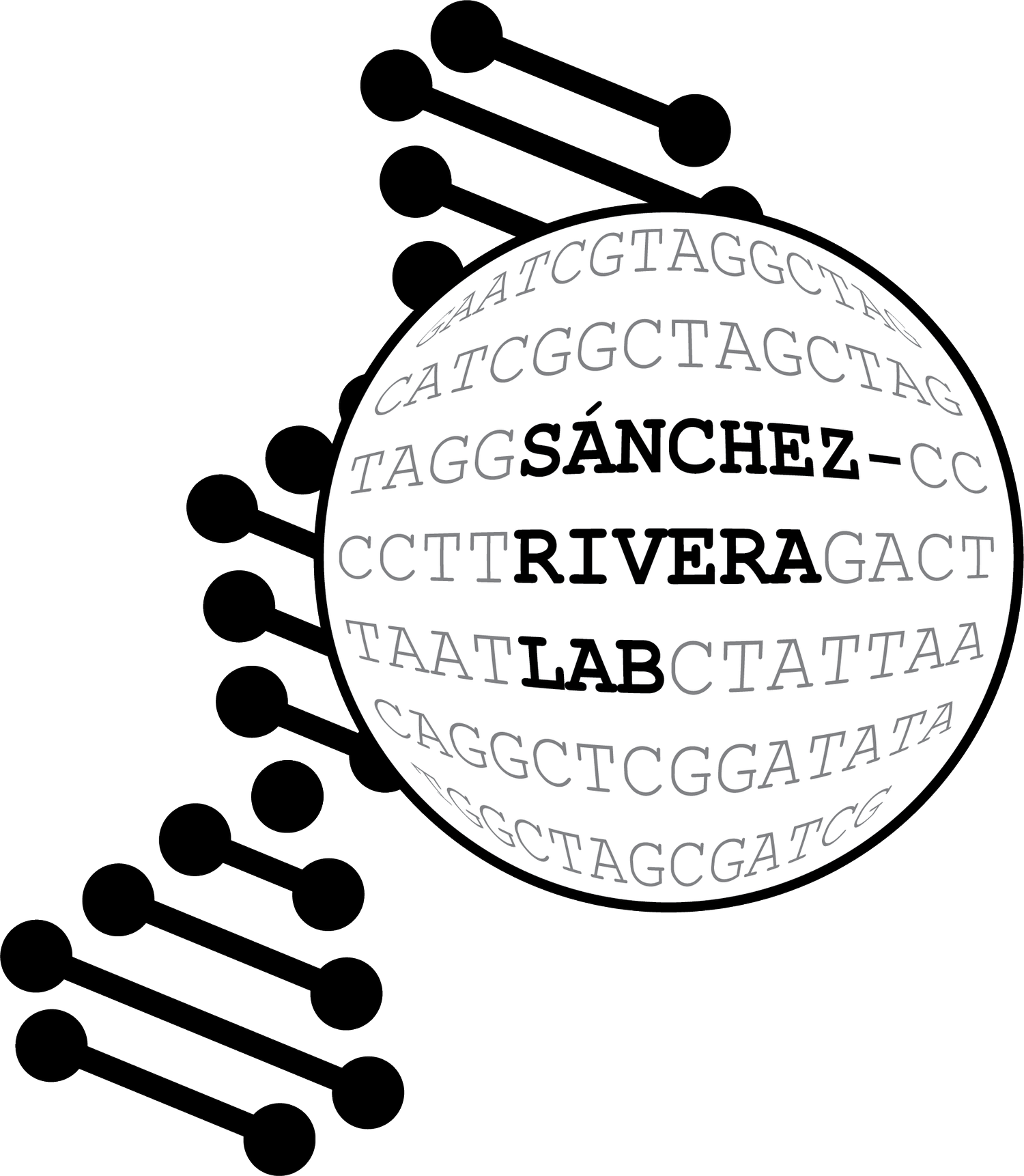
Research Projects
-
High-throughput precision genome editing
Many human diseases have a strong association with diverse types of genetic alterations. These diseases include cancer, in which tumor genomes often harbor a complex spectrum of single-nucleotide alterations and chromosomal rearrangements that can perturb gene function in ways that remain poorly understood. We have developed high-throughput CRISPR base editing and prime editing methods to study diverse types of genetic variants in their endogenous physiological context. We are using these approaches to elucidate how diverse types of genetic variants influence cancer development and progression, as well as response and resistance to cancer therapies.
-
Oncogenic Chromatin Variants
Chromatin regulators are among the most commonly mutated genes in diseases like cancer, yet the phenotypes produced by most genetic variants, and the molecular mechanisms by which they do so, remain poorly understood. We are applying our precision genome editing methods to perform unbiased phenotypic and mechanistic characterization of cancer-associated mutations in chromatin regulators.
-
Genetic Variation and Cancer Immunosurveillance
In order for a tumor to grow, it must evade detection by the immune system. Numerous mechanisms of tumor cell-intrinsic immune evasion, such as downregulation of antigen presentation machinery or upregulation of immune checkpoint molecules, have been previously identified. We are using high-throughput precision genome editing to elucidate and characterize novel mechanisms of immune evasion driven by somatic and germline genetic variation within tumor and/or immune cells.
-
Decoding the pathogenic disordered proteome
Though thousands of genetic variants in hundreds of genes have been linked to different types of cancer, the functional effects of many of these remain undetermined as they occur within intrinsically disordered regions (IDRs) of yet unknown function. Although specific mutations in IDRs have been linked to cancer, we still lack a comprehensive genotype-to-phenotype understanding of cancer-associated genetic variation in disordered regions, particularly in an endogenous physiological context. We are using high-throughput precision genome editing technologies to interrogate the global functions of diverse IDRs in cancer.
-
Dissecting the biology of chromosomal rearrangements in cancer
Cancer genome sequencing studies have contributed to the development of targeted therapies and laid the foundation for precision medicine paradigms. Still, intratumoral and inter-patient variability presents a roadblock to achieving durable treatment responses and preventing drug resistance. Lung cancer exhibits high genetic and non-genetic heterogeneity, and certain subtypes are associated with unique genetic lesions. Particularly, oncogenic chromosomal rearrangements (e.g Eml4-Alk, Cd74-Ros1) account for >10% of lung cancer cases. However, the mutational landscape of these cancer types and what genetic events influence disease progression and cancer resistance are poorly understood. We are applying high-throughput precision genome editing technology to generate fundamental knowledge into the genetic factors contributing to lung tumors harboring oncogenic chromosomal rearrangements while establishing a general framework that could be broadly deployed to investigate other malignancies driven by diverse genetic lesions.
-
Next-Generation Mouse Models
Genetically engineered mouse models and cells derived from these remain a cornerstone of modern cancer biology. While humans and mice share many genes and non-coding regions, engineering and studying diverse types of cancer-associated genetic lesions remains challenging in part due to differences in sequence conservation and synteny. We are developing computational and experimental pipelines to engineer human mutations in mice with maximum precision, efficiency, and fidelity, thereby ensuring that our studies faithfully recapitulate the human disease.
